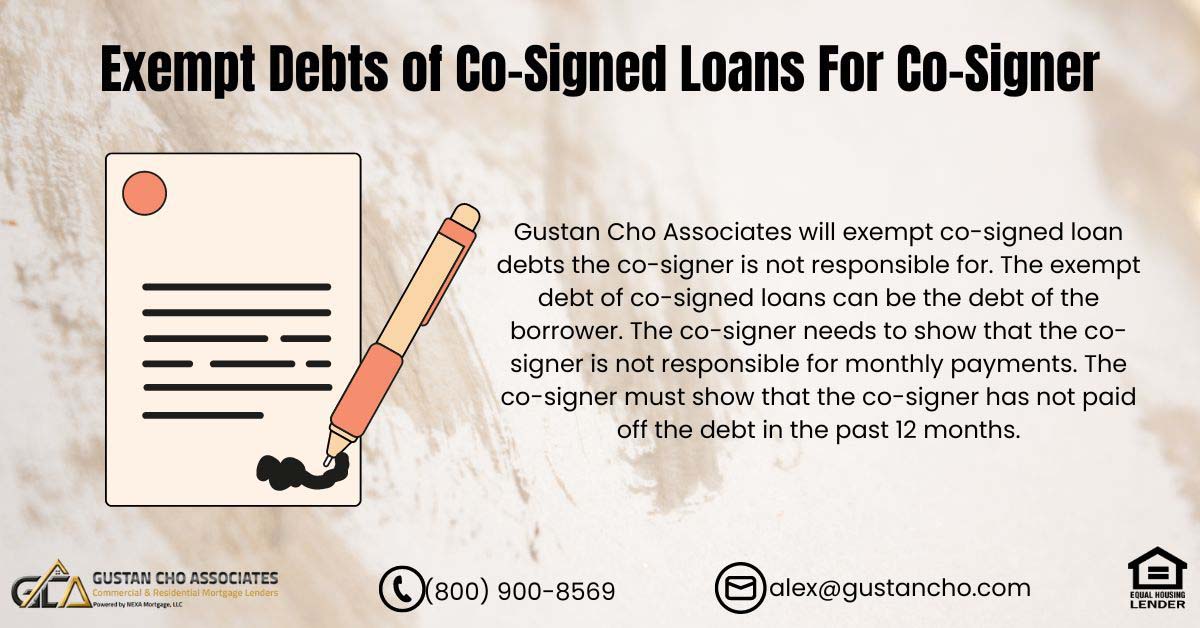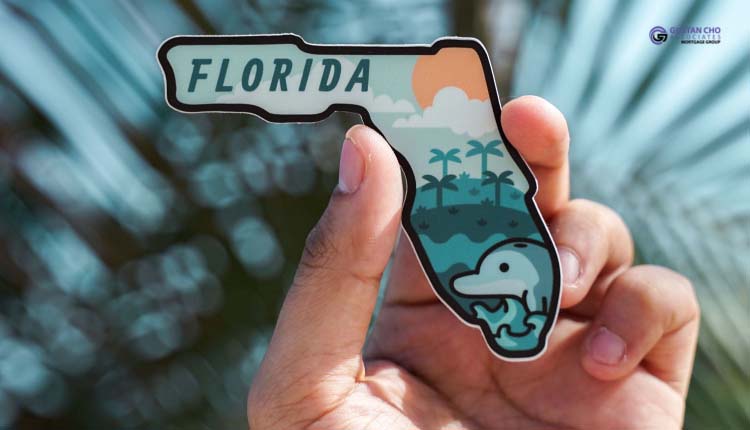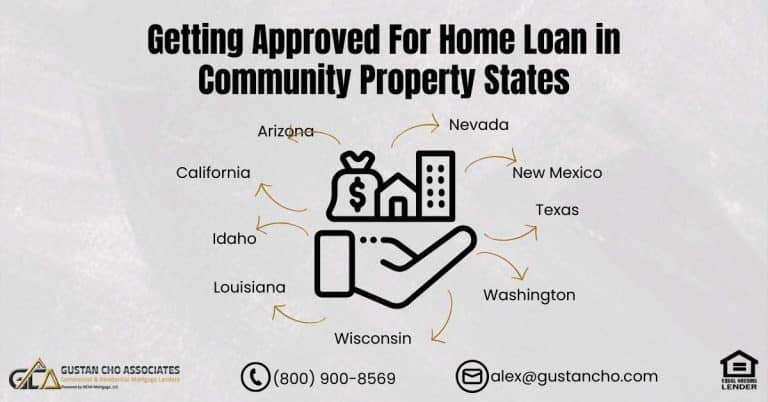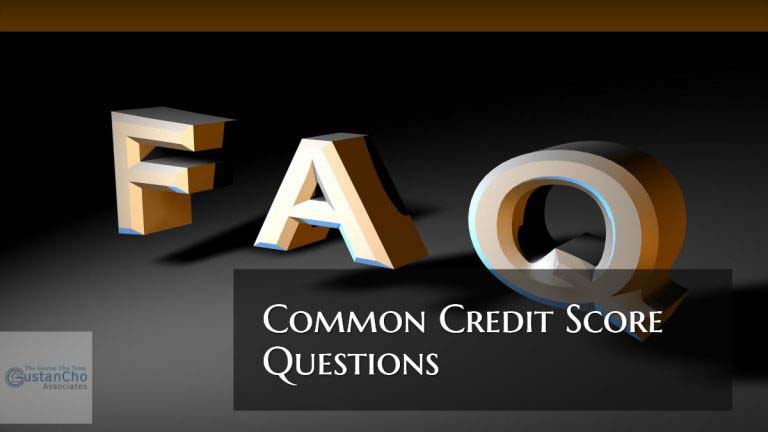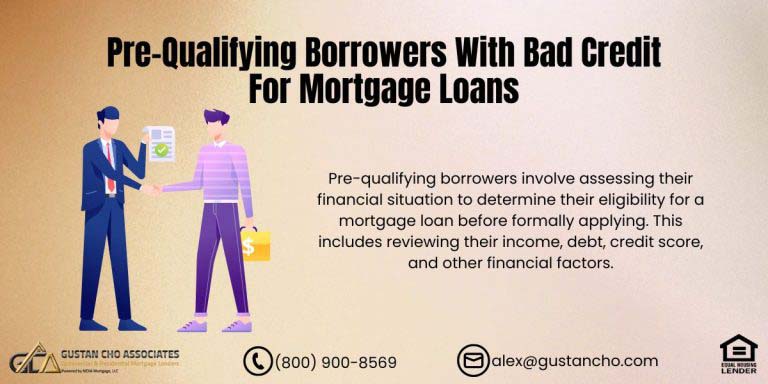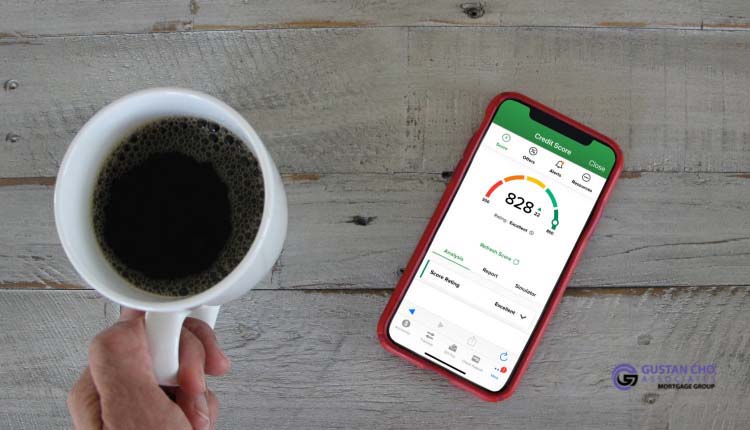Understanding Exempt Debts of Co-Signed Loans in 2024: A Guide for Homebuyers
Co-signing a loan can feel like helping a friend or family member take a big step toward their dreams, whether it’s buying a car or a home. But what happens when you’re the co-signer? And it’s time to purchase your own home?
One of the biggest questions co-signers face is whether these debts affect their chances of qualifying for a mortgage. Luckily, if the main borrower has been making the payments, exempt debts of co-signed loans may offer a path forward without hurting your chances.
In this guide, we’ll explore what exempt debts of co-signed loans are, how they can help you qualify for a mortgage, and the steps you need to take to prove your exemption when applying for your loan.
Let’s delve into this and simplify the process to understand it better, enabling you to proceed confidently in 2024.
What Are Exempt Debts of Co-Signed Loans?
If you’ve co-signed a loan for someone else, you might worry about how it impacts your ability to qualify for a mortgage. The good news is that, in many cases, these debts can be excluded from your debt-to-income ratio (DTI) when applying for a mortgage. This means the debt won’t count against you if certain conditions are met.
So, what makes a co-signed loan debt “exempt”? In short, if you can prove that the main borrower—not you—has been making all the payments on time for at least the last 12 months, the loan can be excluded from your DTI calculations. This makes qualifying for a mortgage easier, allowing you to focus on your home purchase or refinance.
Worried About Co-Signed Loans? Learn How Certain Debts Can Be Exempted for Co-Signers!
Contact us today to learn how we can help you exclude co-signed loans from your debt calculations.
Qualifying for a Mortgage When You Have Co-Signed Loans and Exempt Debts
If you’re planning to buy a home but are worried about how a co-signed loan might affect your DTI, don’t panic! Here’s how you can qualify for a mortgage even with co-signed loans:
- Prove non-involvement in the payments: It is important to demonstrate that you have not made any payments on the co-signed loan for 12 months. You must furnish evidence that the main borrower has been responsible for making all the payments.
- Collect necessary documentation: The main borrower needs to demonstrate a steady payment history by providing 12 months of canceled checks or bank statements.
- Work with a lender that understands the process: Not all lenders will automatically exclude these debts. At Gustan Cho Associates, we specialize in helping borrowers like you get exemptions for co-signed loans, giving you the best chance to qualify for the mortgage you need.
How Exempt Debts of Co-Signed Loans are Perceived by Mortgage Underwriters
Mortgage underwriters are responsible for reviewing your loan application and deciding whether to approve it. When it comes to exempt debts of co-signed loans, underwriters will need clear proof that you are not responsible for the payments.
This means:
- You must show that the main borrower has made all the payments for the last 12 months.
- You should provide documentation, like 12 months of canceled checks or bank statements, proving the main borrower’s consistent payments.
- The underwriter will also check to make sure the main borrower has made timely payments without any delinquencies during the 12 months.
If you can provide this proof, the underwriter can exclude the debt from your DTI calculation, making it easier for you to qualify for your mortgage.
The Downsides of Agreeing to be a Co-Signer on a Home Loan
While co-signing can help someone close to you qualify for a loan, it comes with certain risks you must understand.
- Your credit is on the line: If the main borrower fails to make payments or does not fulfill the loan obligation, your credit report will reflect these late payments. This could harm your credit score, even if you were not informed about the missed payments.
- It affects your DTI ratio: Even though you aren’t the one making the payments, the co-signed loan will still be listed as a debt on your credit report. This could affect your ability to qualify for your own mortgage unless the debt can be excluded using the steps mentioned earlier.
- Future borrowing may be affected: If the primary borrower defaults, you could be responsible for paying off the debt. This could make it more difficult to qualify for loans in the future.
HUD and Freddie Mac allow non-occupant co-borrowers to be added to a borrower’s mortgage loan if they need additional income to qualify for their home loans.
Many would be non-occupant co-borrowers who do not own homes but someday would like to purchase a home and have reservations about becoming a non-occupant co-borrower. This may destroy their chances of qualifying for a mortgage someday.
How to Exclude Co-Signed Loans From Debt-to-Income Calculations
One of the most important factors in qualifying for a mortgage is your debt-to-income ratio (DTI). Lenders look at how much of your income goes toward paying debts each month. If you’ve co-signed for someone else’s loan, that debt will show up in your DTI calculation unless you can prove that the primary borrower has been making all the payments.
To exclude a co-signed loan from your DTI calculation, you’ll need to:
- Gather the right documents: Make sure the primary borrower can provide 12 months of canceled checks or bank statements showing they’ve made all the payments. These documents are critical to proving that you aren’t responsible for the loan.
- Submit the documents to your lender: Your lender will review the documentation and, if everything checks out, will exclude the debt from your DTI calculation.
- Stay proactive: Even if you aren’t responsible for the payments, it’s a good idea to monitor the primary borrower’s payment history. This will help you avoid surprises if they miss a payment.
Exempt Debts of Co-Signed Loans for Auto Loans
The co-signing of auto loans is a common occurrence among people. If you’ve co-signed for a friend or family member’s car loan, knowing how this debt could impact your mortgage application is important.
To put it into perspective, a $450 monthly payment is akin to servicing a mortgage loan balance of $90,000. Individuals with multiple auto loans might face substantial challenges securing higher borrowing limits on an FHA Loan, potentially limiting their homebuying capabilities.
Here’s how you can exclude co-signed auto loan debts from your DTI:
- Prove the main borrower is paying: Similar to other co-signed loans, you must present 12 months of canceled checks or bank statements as evidence that the main borrower has been consistently making all the payments.
- No late payments allowed: The main borrower must have made all the payments on time for the last 12 months. Failing to make payments on time or missing them could stop you from getting rid of the debt.
- Document everything: Make sure you have detailed records of the payments to show your lender. This will help make the process go smoothly.
Co-Signing a Loan? You Can Exempt Certain Debts from Your Mortgage!
Contact us today to find out how we can assist you in excluding these debts.
What Happens If the Main Borrower Misses Payments?
If the main borrower misses payments, you may no longer be able to exclude the co-signed debt from your DTI calculation. This might harm your ability to qualify for a mortgage. Missing payments may appear on your credit report, potentially impacting your credit score.
If you’re considering co-signing a loan, it’s important to understand the risks involved and to have a plan in place in case the primary borrower runs into financial trouble.
How to Qualify for a Mortgage If You Have Co-Signed Loans
So, how can you qualify for a mortgage if you’ve co-signed loans in the past? Here’s a simple step-by-step process:
- Prove the main borrower is paying: As we’ve mentioned, you’ll need to prove that the main borrower has made the payments on time for the last 12 months.
- Gather your documentation: Get copies of canceled checks or bank statements from the primary borrower showing they’ve been making all the payments.
- Work with the right lender: At Gustan Cho Associates, we’re experts in helping people qualify for mortgages even if they’ve co-signed loans. We can help guide you through the process and make sure you have the best chance of qualifying.
Final Thoughts: Purchasing a House After Acting as a Co-Signer for a Loan
Assisting someone with a loan is a big responsibility, but it shouldn’t stop you from buying a house. By understanding how co-signed loan debts are treated and providing the necessary documents, you can still qualify for a mortgage.
If you have co-signed loans and are considering purchasing a home or refinancing, contact us today at Gustan Cho Associates. We’ll work with you to ensure those debts are exempt and help you achieve your homeownership goals.
Frequently Asked Questions (FAQ) About Exempt Debts of Co-Signed Loans
Q: What are exempt debts of co-signed loans?
A: Exempt debts of co-signed loans are loans where you’ve co-signed for someone else, but the debt is excluded from your DTI calculation because the primary borrower has been making all the payments.
Q: How do I prove that co-signed debts should be exempt from my DTI?
A: You must provide 12 months of canceled checks or bank statements showing that the primary borrower has made all the payments on time.
Q: Can I still qualify for a mortgage if I’ve co-signed a loan?
A: Yes, as long as you can prove that the primary borrower has been making the payments, the debt can be excluded from your DTI, allowing you to qualify for a mortgage.
Q: What if the primary borrower misses a payment?
A: If the main borrower doesn’t pay, the debt might be included in your DTI, and the missed payment could impact your credit score.
Q: What should I do if I’m thinking about co-signing a loan?
A: If you plan to buy a house or refinance shortly, consider whether co-signing is the right choice. Co-signing can impact your ability to qualify for a mortgage later on.
Q: Can I exempt co-signed loans from my DTI if I am self-employed?
A: You can still exempt co-signed loans from your DTI if you’re self-employed, as long as you provide 12 months of canceled checks or bank statements showing the primary borrower has made all the payments. The process remains the same regardless of employment status.
Q: Can co-signed student loans be exempt from my DTI?
A: Yes, co-signed student loans can be exempt from your DTI if the primary borrower (the student) has made all the payments for at least 12 months. You must provide documentation of their payment history, such as canceled checks or bank statements.
Q: Will a co-signed loan affect my credit score if the main borrower makes timely payments?
A: Your credit score should not suffer negative consequences if the primary borrower consistently makes timely payments. Nevertheless, the loan will still be visible on your credit report. If the payments become overdue, this may impact your credit.
Q: What types of loans are most commonly co-signed?
A: Car, education, and home loans are the most frequently seen forms of co-signed loans. If the main borrower meets the payment criteria, these loans can be excluded from your debt-to-income (DTI) calculation.
Q: Can exempt co-signed debts help me qualify for a larger mortgage?
A: Excluding co-signed debts from your DTI may increase your likelihood of qualifying for a bigger mortgage. By removing these debts from your financial obligations, you may be able to increase the loan amount for which you are eligible.
Ready to buy a home after co-signing a loan? Contact Gustan Cho Associates at 800-900-8569 or alex@gustancho.com today for personalized guidance on navigating co-signed loans and getting approved for a mortgage!
This blog about “Exempt Debts of Co-Signed Loans For Co-Signer” was updated on September 23rd, 2024.
Concerned About Co-Signed Loans Affecting Your Mortgage? Let Us Help You Exempt the Debts!
We can help you exclude co-signed loans from your debt-to-income ratio, making it easier to qualify for a mortgage. Reach out today to see how we can help!


